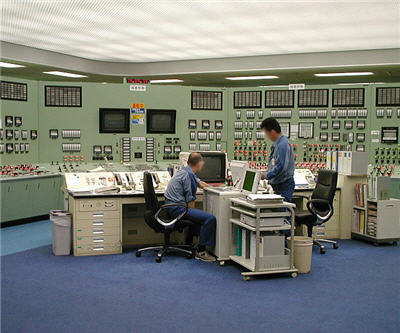Fukushima disaster stemmed from ‘a multitude of errors and willful negligence’: parliamentary inquiry

A parliamentary inquiry released an unfliching report on the Fukushima nuclear disaster, calling the disaster manmade, wholly forseeable and even laying blame at the feet of Japanese culture itself.
“How could such an accident occur in Japan, a nation that takes such great pride in its global reputation for excellence in engineering and technology?” asks Kiyoshi Kurokawa, chairman of the Nuclear Accident Independent Commission in the report’s preamble.
“What must be admitted—very painfully—is that this was a disaster ‘Made in Japan.’ Its fundamental causes are to found in the ingrained conventions of Japanese culture: our reflexive obedience; our reluctance to question authority; our devotion to ‘sticking with the program’; our groupism; and our insularity.”
The inquiry started its work six months ago. The 641-page report is based upon interviews with over 1,100 people.
The chairman singles out Japanese bureaucracy, which he says sought to shield and protect itself rather than protect public safety.
“Only by grasping this mindset can one understand how Japan’s nuclear industry managed to avoid absorbing the critical lessons learned from Three Mile Island and Chernobyl; and how it became accepted practice to resist regulatory pressure and cover up small-scale accidents.”
The chairman implores that people use the report to absorb lessons on how the industry can improve rather than level blame.
Image of Reactor control room at Fukushima 1 nuclear power plant in Japan by Kawamoto Takuo
{{ commodity.name }}
{{ post.title }}
{{ post.date }}




Comments